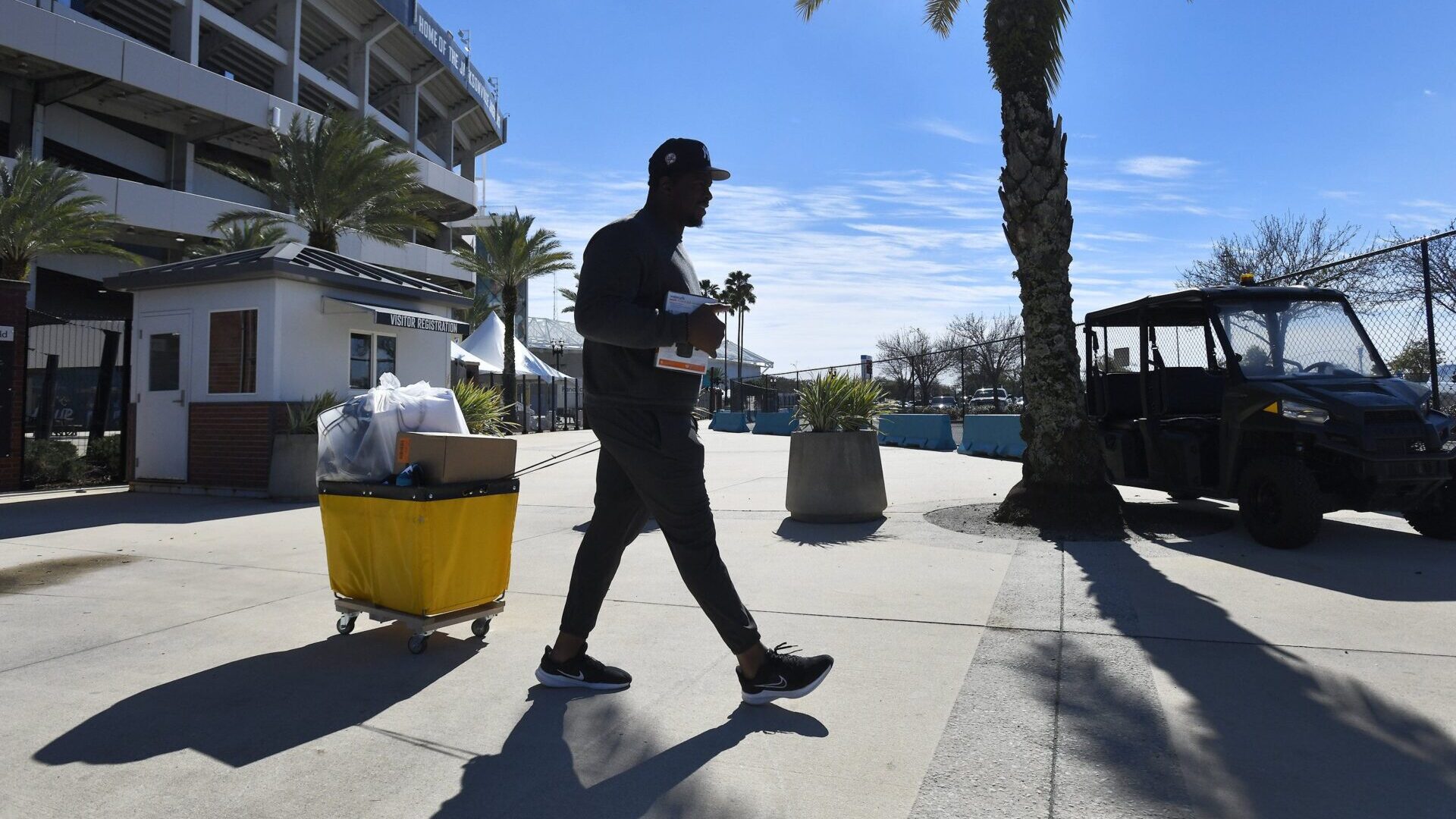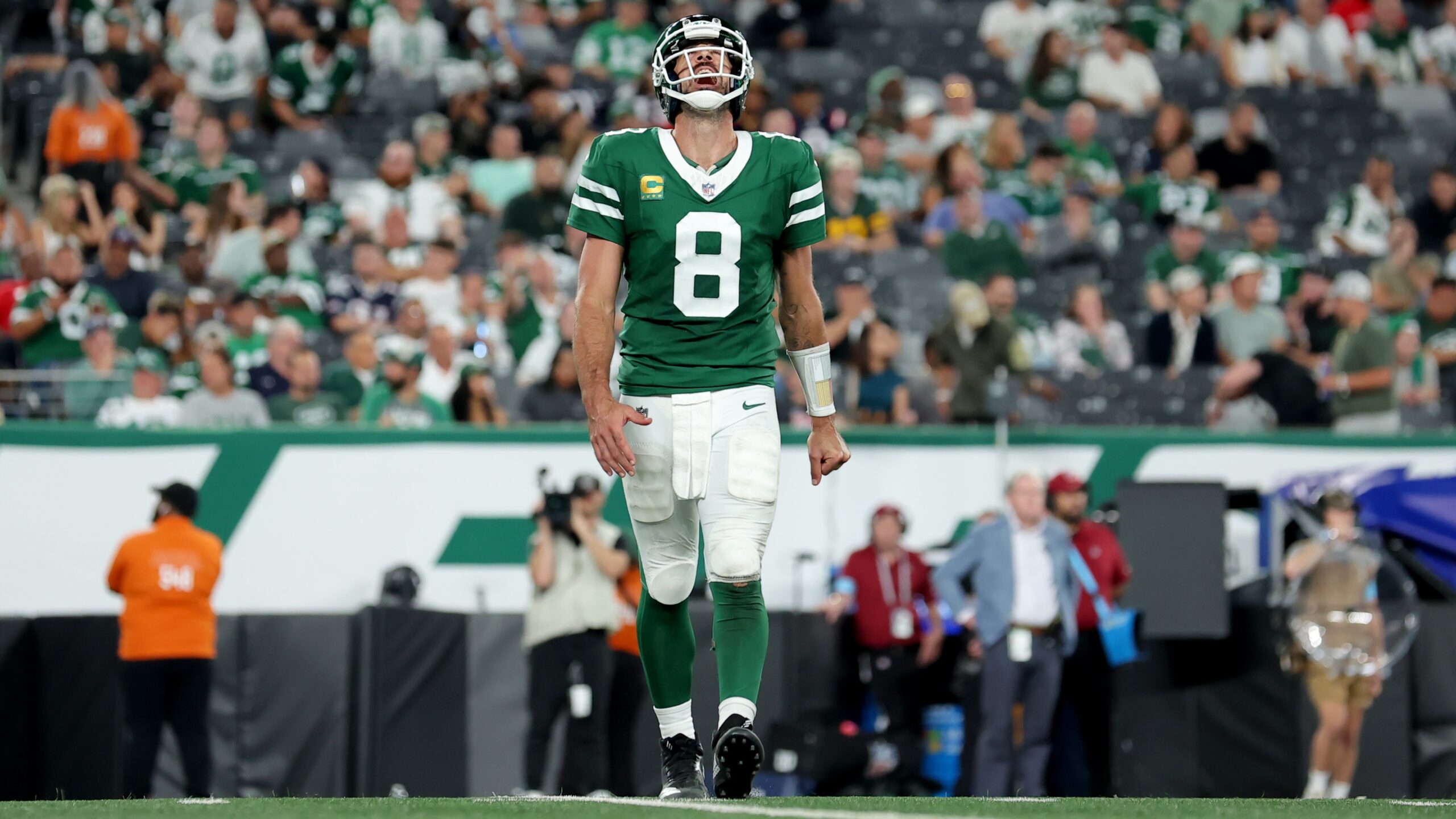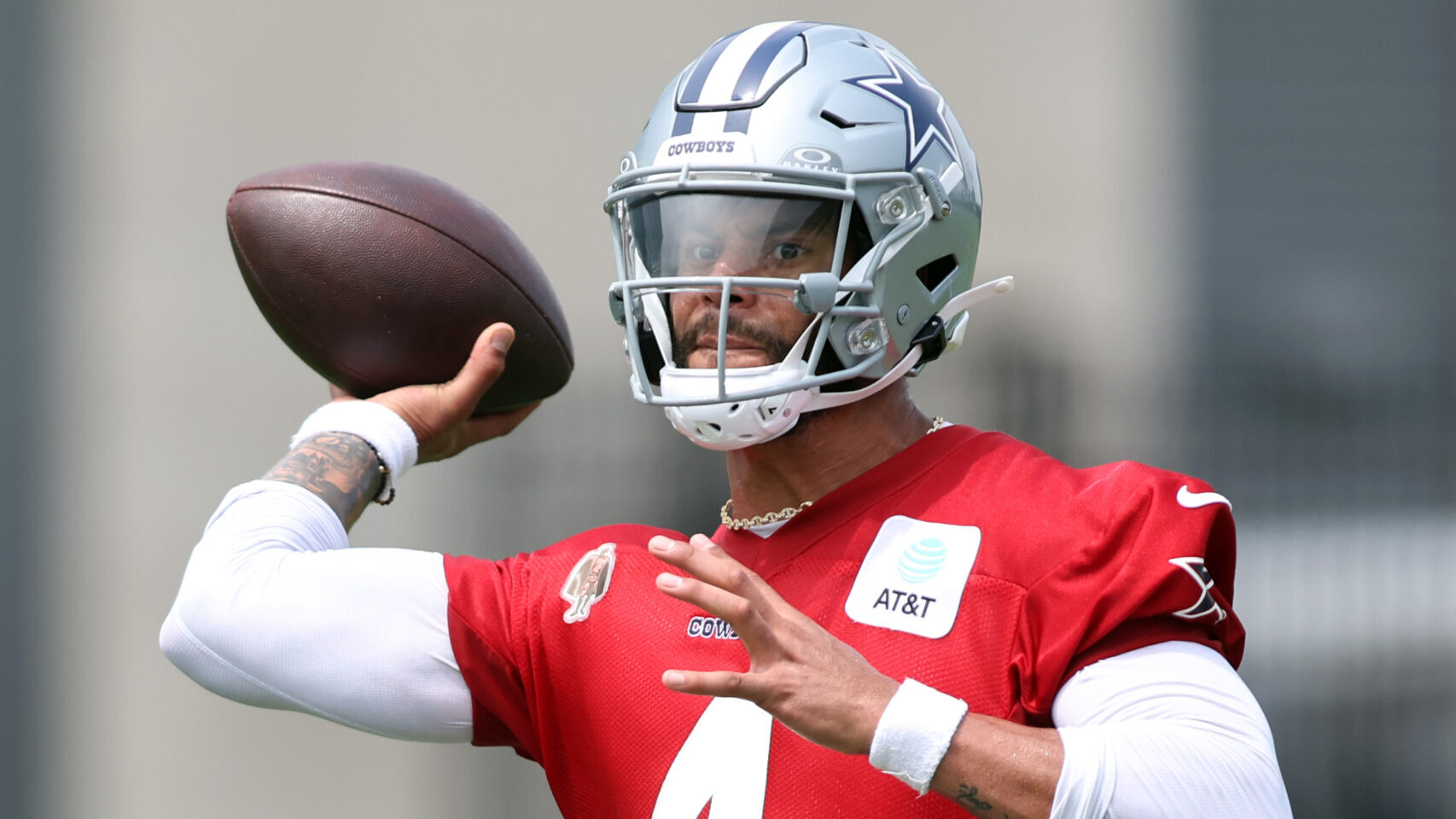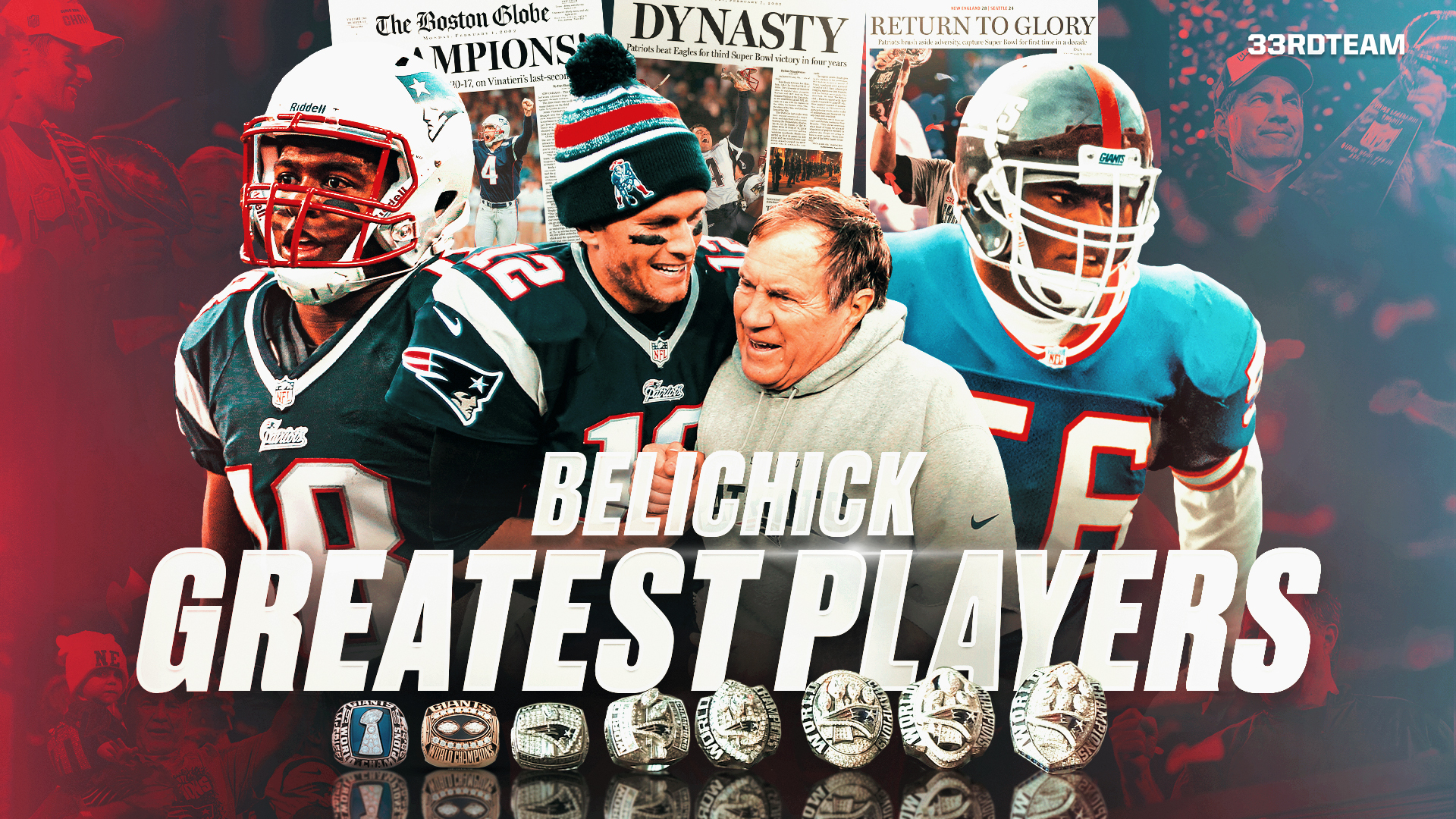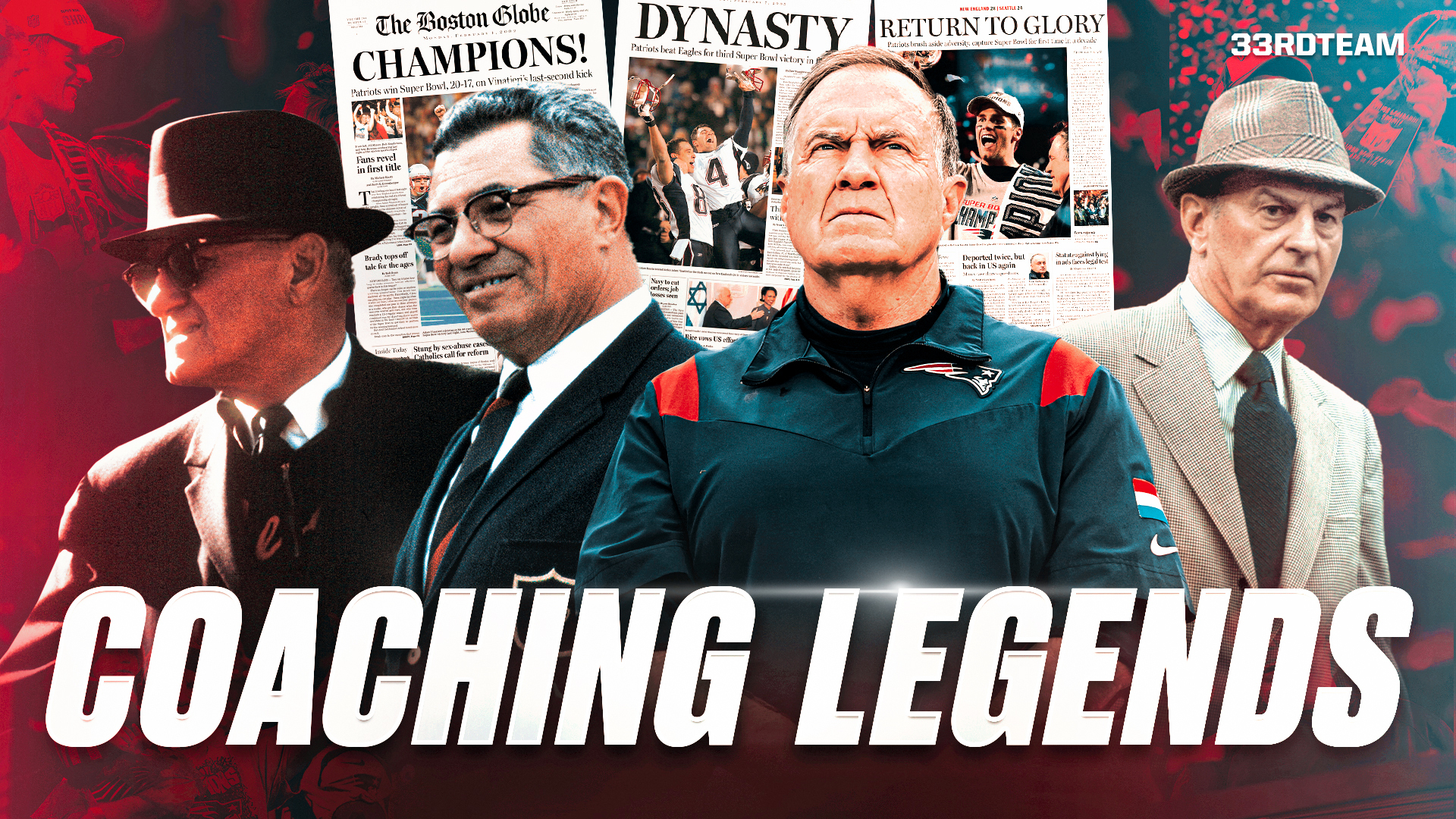Analysis
8/29/23
6 min read
5 Things You Don’t Know About NFL Final Cuts
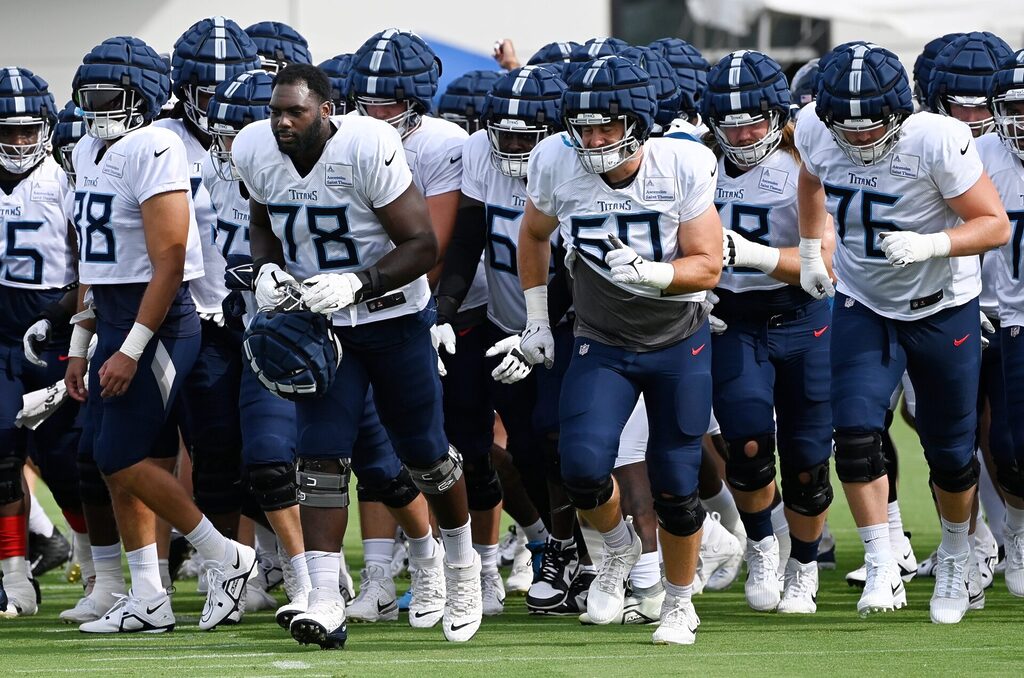
It's final cut time in the NFL.
By 4 p.m. ET Tuesday, teams must trim their rosters to 53, so some players will start getting the call they've been dreading. Unfortunately, they're no longer on the team. From someone who played seven seasons in the NFL, here's what you should know about final cuts.
Five Things to Know about Final Cuts
1. Nobody Calls to Let You Know You Made the Team
During my rookie year in Washington in 2001, we were told by coach Marty Schottenheimer to make sure we were in the hotel rooms, where all the young guys and bubble players were staying, between 9:00 a.m. and noon. I kept waiting for someone to call me to deliver the news, good or bad. It never came.
At about 12:15 p.m., I called fellow rookie Kenny Watson. He was freaking out that the phone rang, but I told him it was me and asked if he had gotten a call.
“No,” he said.
“Does that mean we made the team?” I replied.
“I don’t know,” Watson said.
I finally called my agent because I was dying for confirmation. Also, I was sick of sitting in a hotel room staring at a phone for three hours. He told me to hold on and that he would call me back.
“Oh, man, this is amazing,” he said.
“What?!?” I replied.
“You made it. Congratulations, you are officially a Washington Redskin.”
That was simultaneously one of the 10 best moments of my life and the exact moment I realized they only call to tell you if you are getting released.
No call means you’re on the team.
2. You Usually Know What Is Coming ...
The first time I got released was in Washington in 2002. The night before, there were reports the team had signed former lineman Tre Johnson.
I had performed poorly five weeks earlier on a Monday night against the Philadelphia Eagles. I had been inactive ever since, so I was not at all surprised when I got the call Tuesday morning at IHOP that Washington was releasing me with the hope of putting me on the practice squad.
In fact, unlike on “Hard Knocks” or any other show, teams usually call you and tell you to come to the facility with your playbook. Then, once you get there, you go through the exit process, which includes a physical, talking with the coach, the equipment manager, etc.
3. ... But Sometimes it Is a Surprise
There are some instances when you find out you will be cut in person, which catches you off guard.
The second time I was released was in June in Dallas after an OTA practice. Bruce Mays, who did the cuts for the Dallas Cowboys, approached me at my locker and said, “Ross, we are going to release you today.”
“That’s not even funny, Bruce,” I responded.
I had started the final seven games the season prior and had graded out the highest among the offensive linemen on the team in six of them, so I never thought new coach Bill Parcells would cut me before I even got a chance to put on shoulder pads during training camp.
“I’m not joking,” Mays said.
4. Being Cut Never Gets Easier
I was released four times during my career, and you would think you would become numb to it as you get older and are around the business longer. You would think you would become more understanding, but I didn’t find that to be true.
In 2005, the Buffalo Bills cut me after I had started 13 games the year prior, and we went 9-4 in those games. A back surgery and two training camp injuries later, I was let go one year into a three-year deal.
I had gotten married in May, and my wife had quit her job to move to Buffalo. I broke down while talking to my best friend on the drive back to our apartment. It was one thing when my failures affected me, but now it impacted others, including the woman I had just married. That bothered me as much as anything.
In 2006, the last time I was released, I had started the final preseason game for the Cleveland Browns two nights earlier. The only debate at that point, at least from my perspective, was whether or not I would start the opener at center or be the backup.
Instead, Cleveland traded for Hank Fraley the morning of final cuts, and I was the odd man out. It would be an understatement to say it was a long, five-hour drive back to Pennsylvania.
The Browns had traded for me. I started the final three preseason games and got all the reps with the starters. And here I was, out of the league. Again.
5. Getting Traded Is Much Cooler
Speaking of the trade that brought me to Cleveland, it originally floored me.
I was supposed to be the center in the two-minute drill at the end of practice, but instead, venerable New England Patriots line coach Dante Scarnecchia put someone else in. I feared the worst.
After practice, Scarnecchia asked to talk with me.
“Tuck, I think you got traded to Cleveland during practice,” he said.
“Traded!” I said, somewhat incredulously. “For what?”
“Probably a ham sandwich.”
As a guy who had already been released three times, I could not believe it when I found out during the 2006 preseason that the Patriots were trading me to the Browns for a conditional seventh-round pick.
The deal was only a little bit more than a ham sandwich, but as a guy who had been cut a few times at that point, “traded” sounded so much better. It was better because it meant the Browns wanted me. I had a great opportunity that, evidently, Cleveland didn’t think I made the most of.
Such is life in the NFL.
Ross Tucker is a former NFL offensive lineman who played seven seasons for the Cowboys, Bills, Patriots and Washington after graduating from Princeton University in 2001. He works as a color commentator for both CBS Sports and Westwood One in addition to hosting a number of podcasts, including the popular Ross Tucker Football Podcast. You can follow him on Twitter @RossTuckerNFL.

